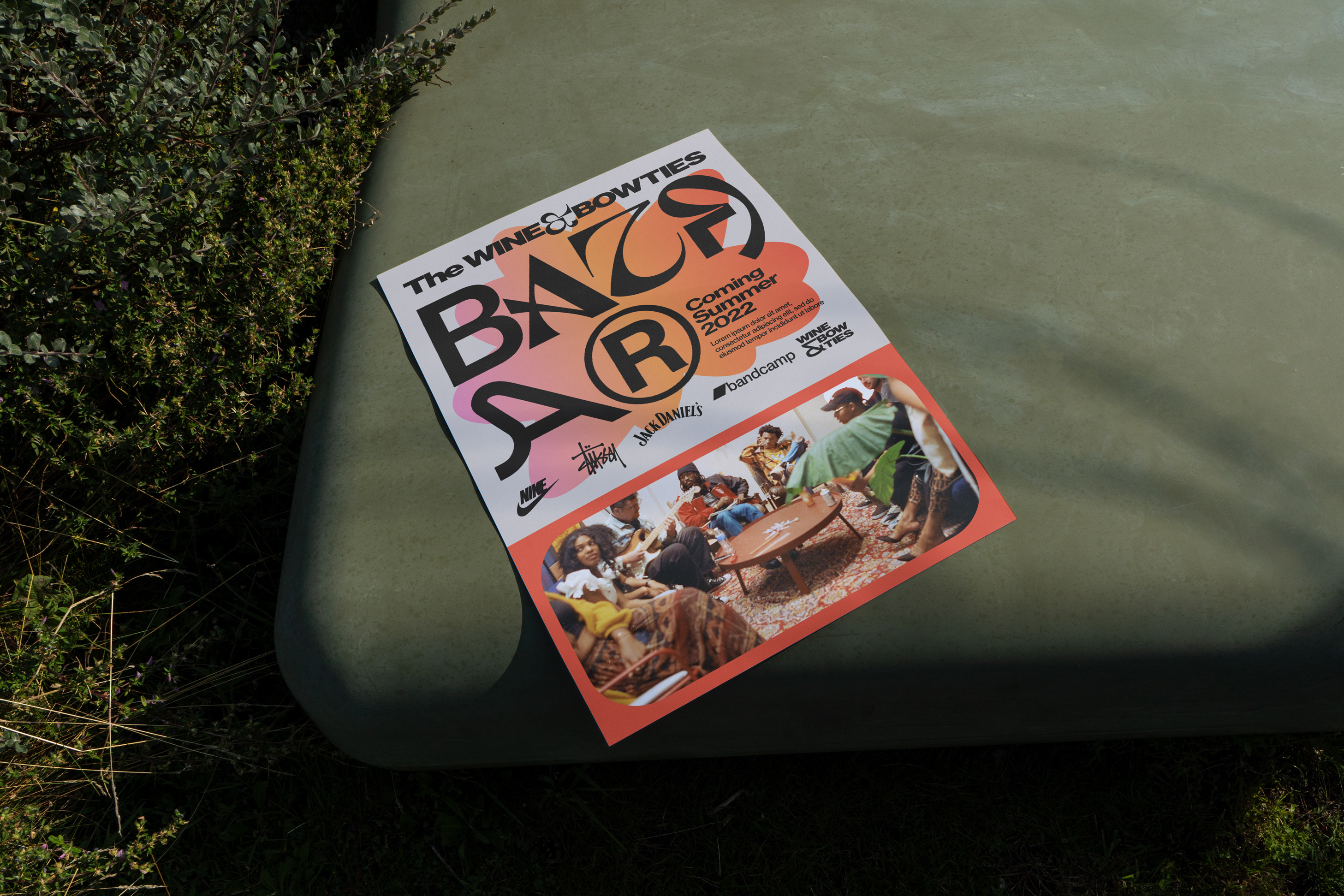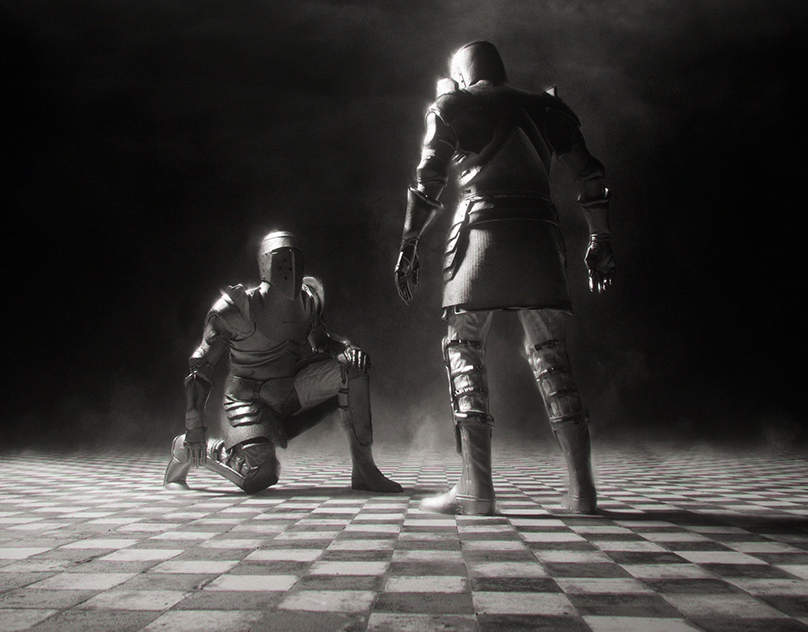
The short story The Man Born Blind was written sometime in the 1940s by C.S. Lewis, an English author, Oxford professor, theologian and philosopher. The piece is only a few pages long, but it speaks to profound musings of good and evil, suffering, eternity, existence, knowledge, faith, death and God. While the exact theme and symbols of the story can shift into polysemy, one thing is certain. Lewis had intelligence, revelation and narrative abilities among the brightest in history. This book attempts to recreate his process, confusion and how one man began to see light.
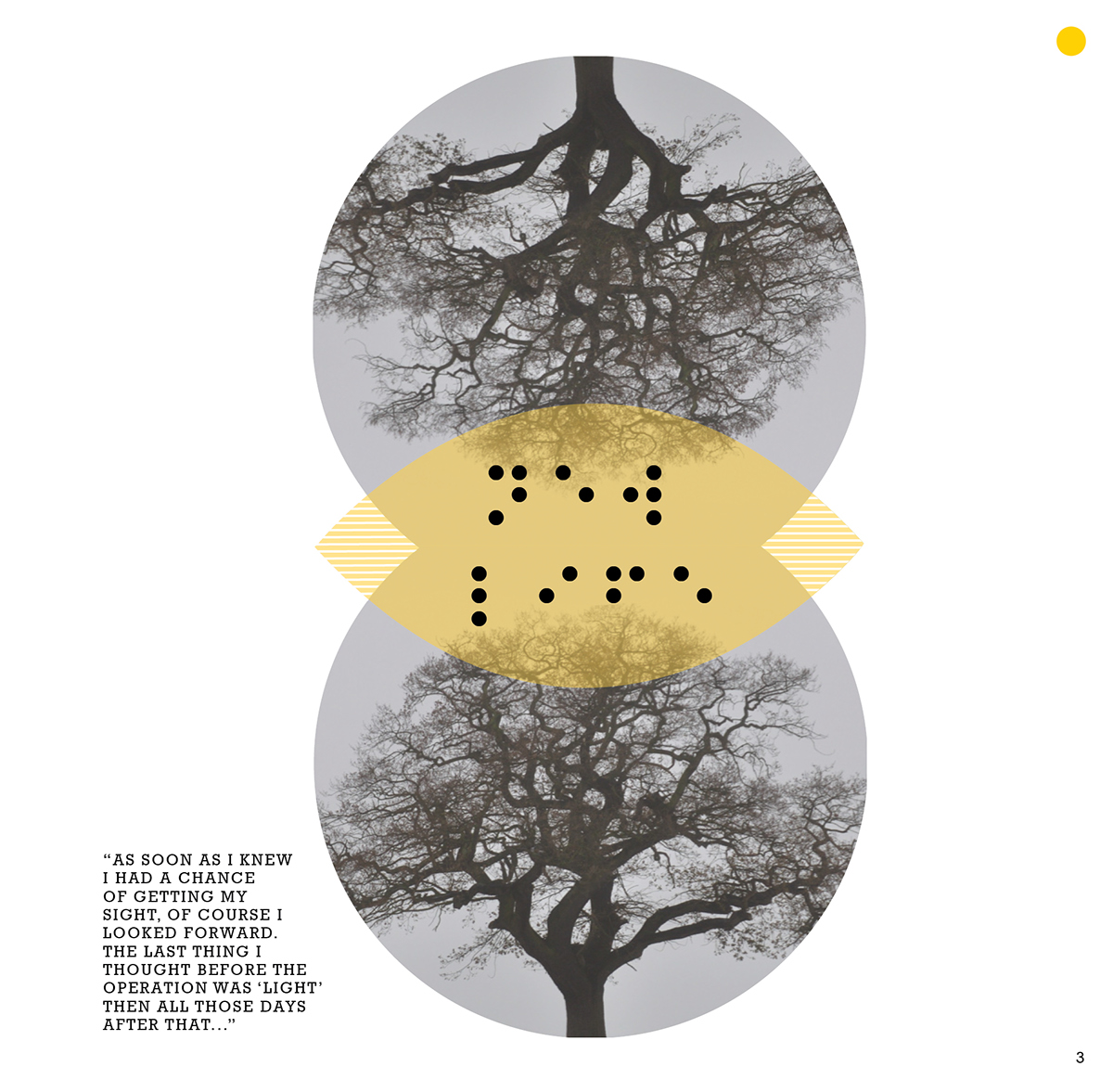

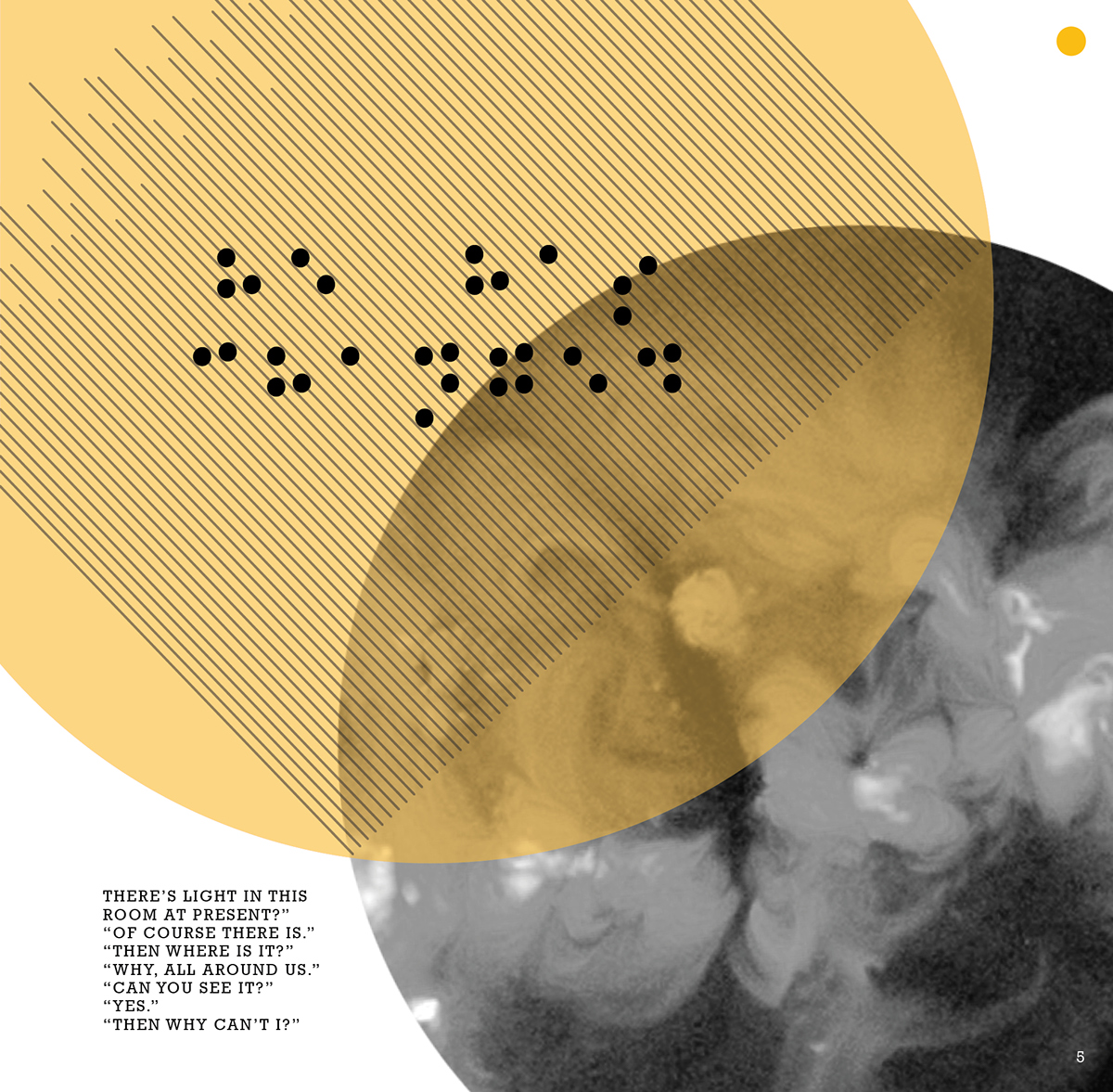
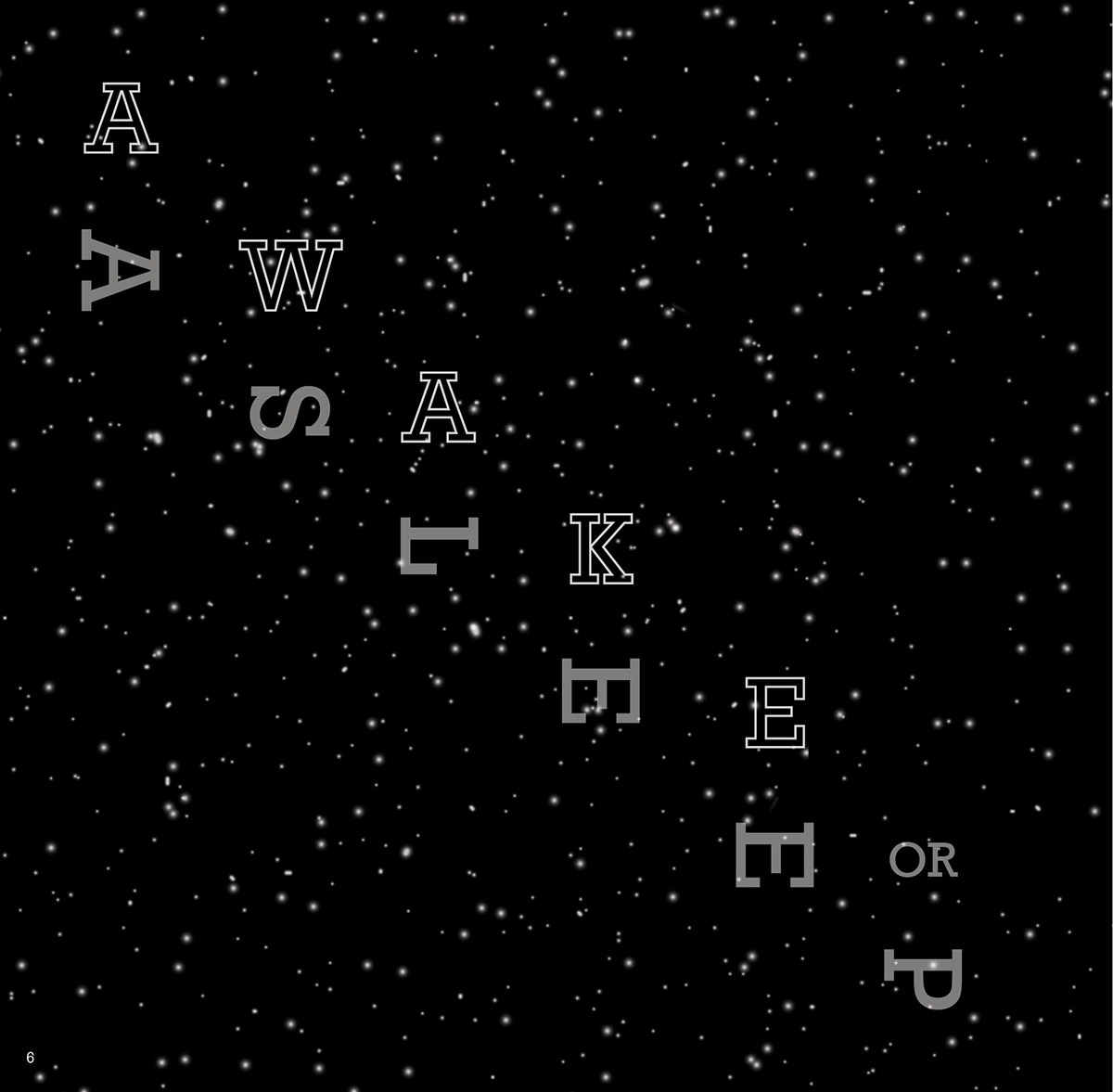

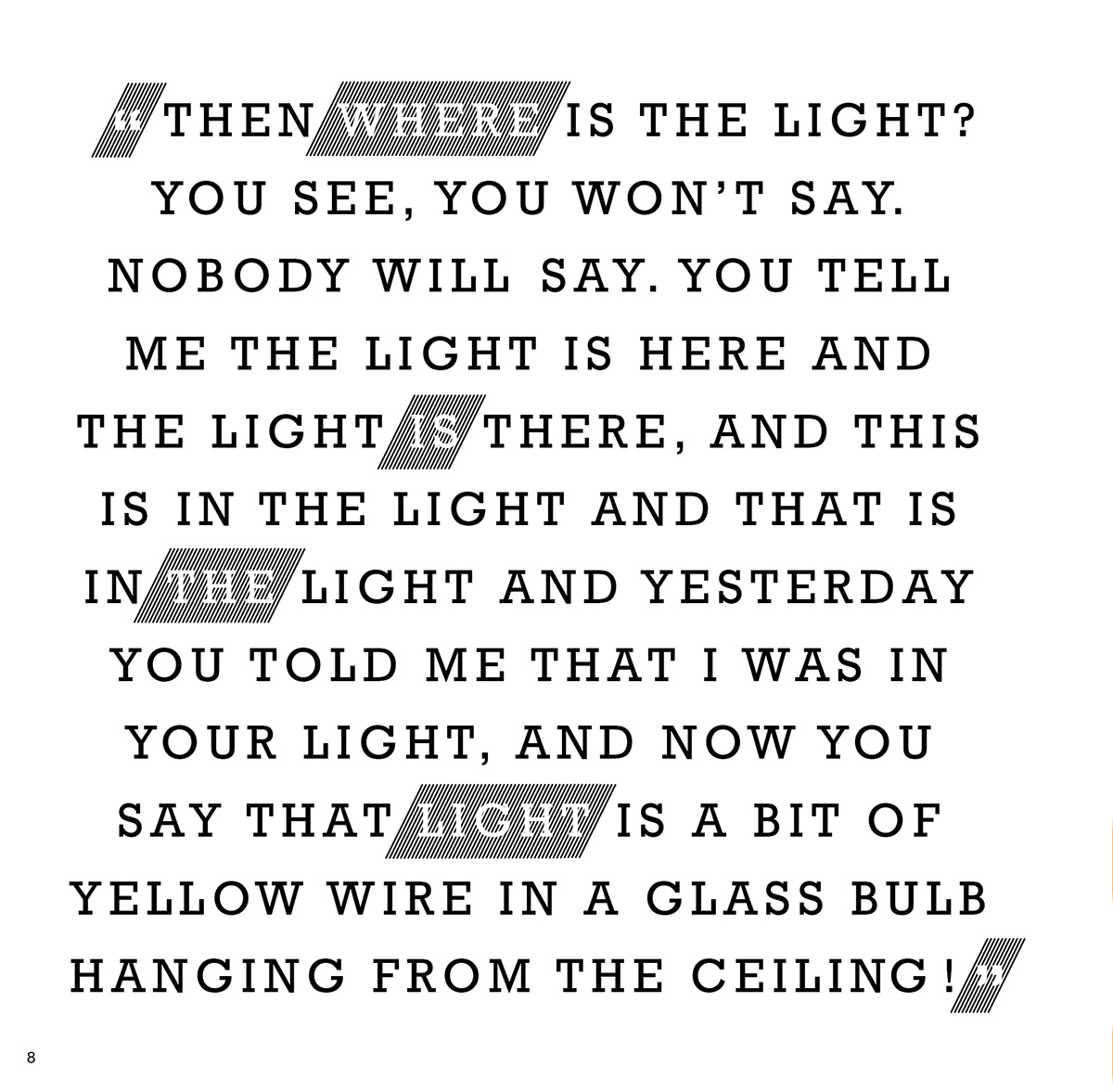
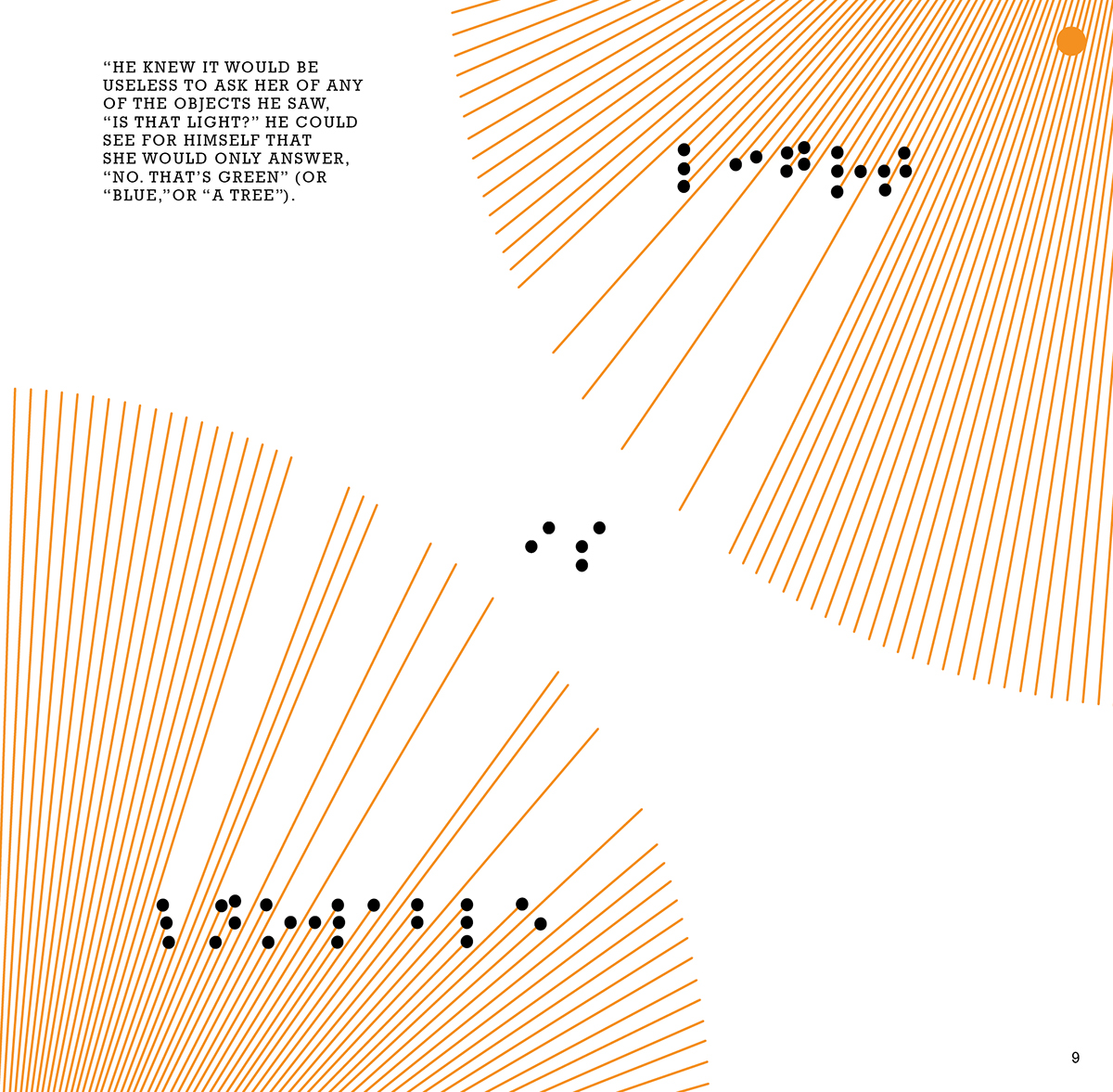


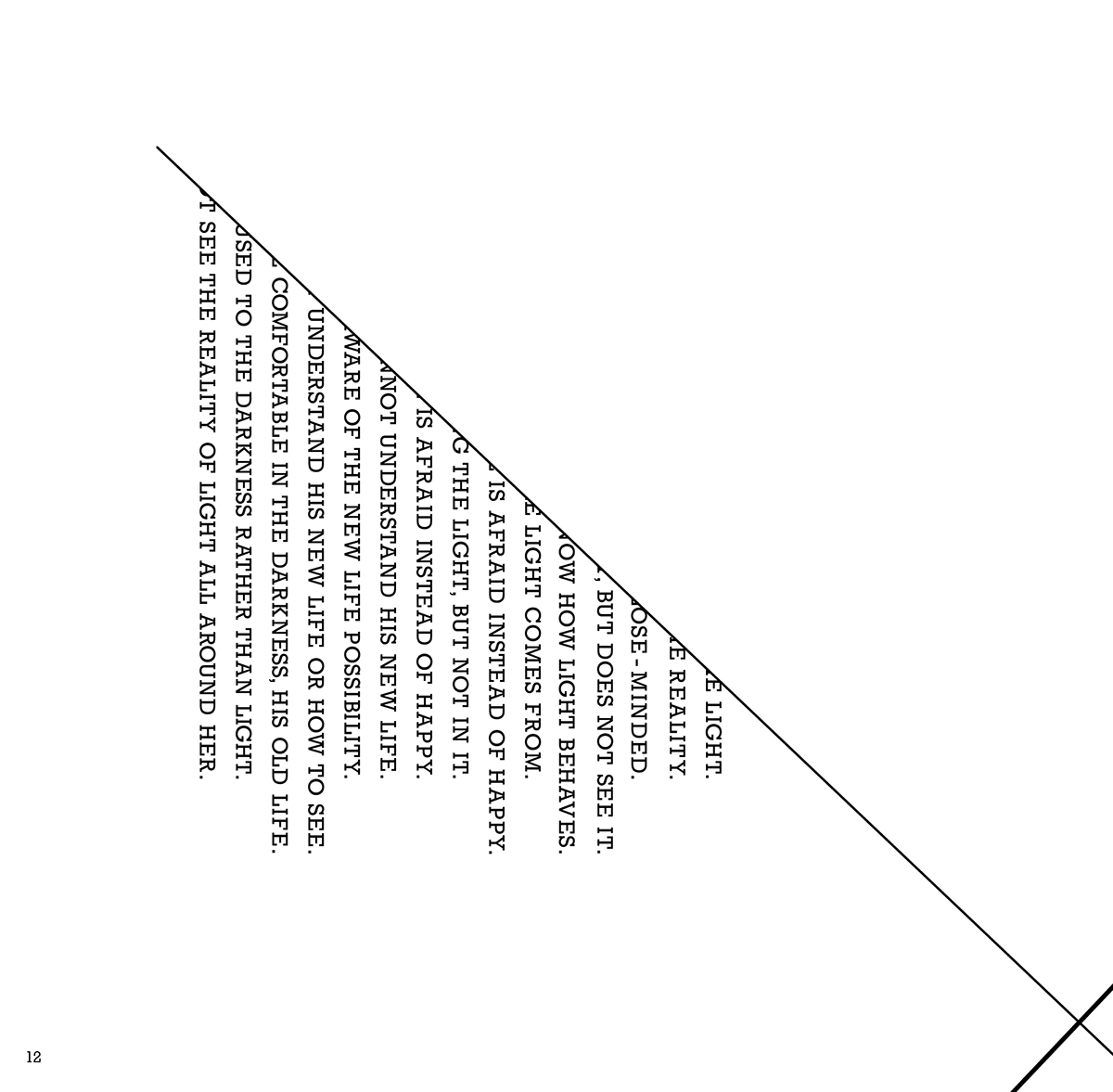

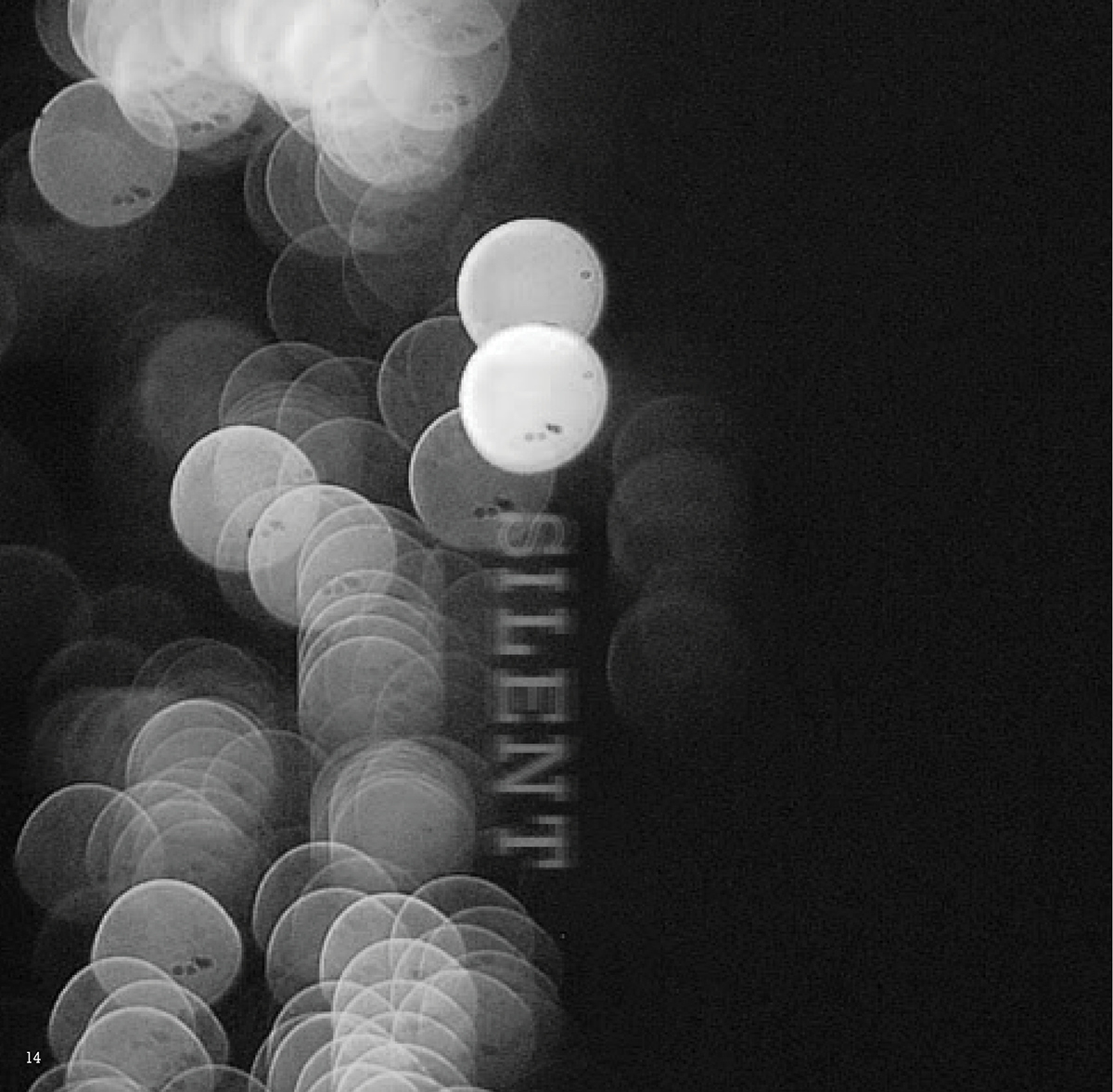
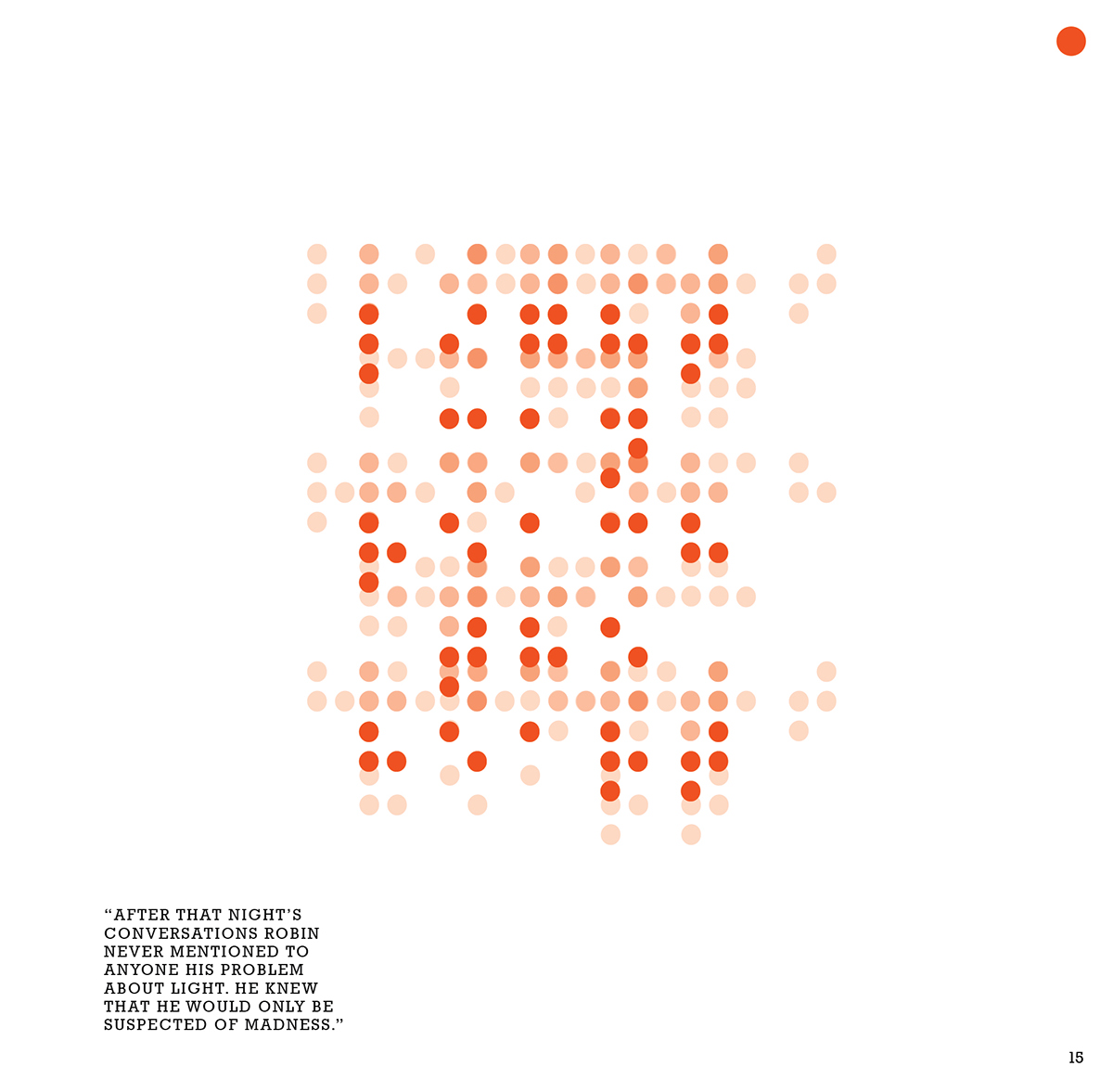
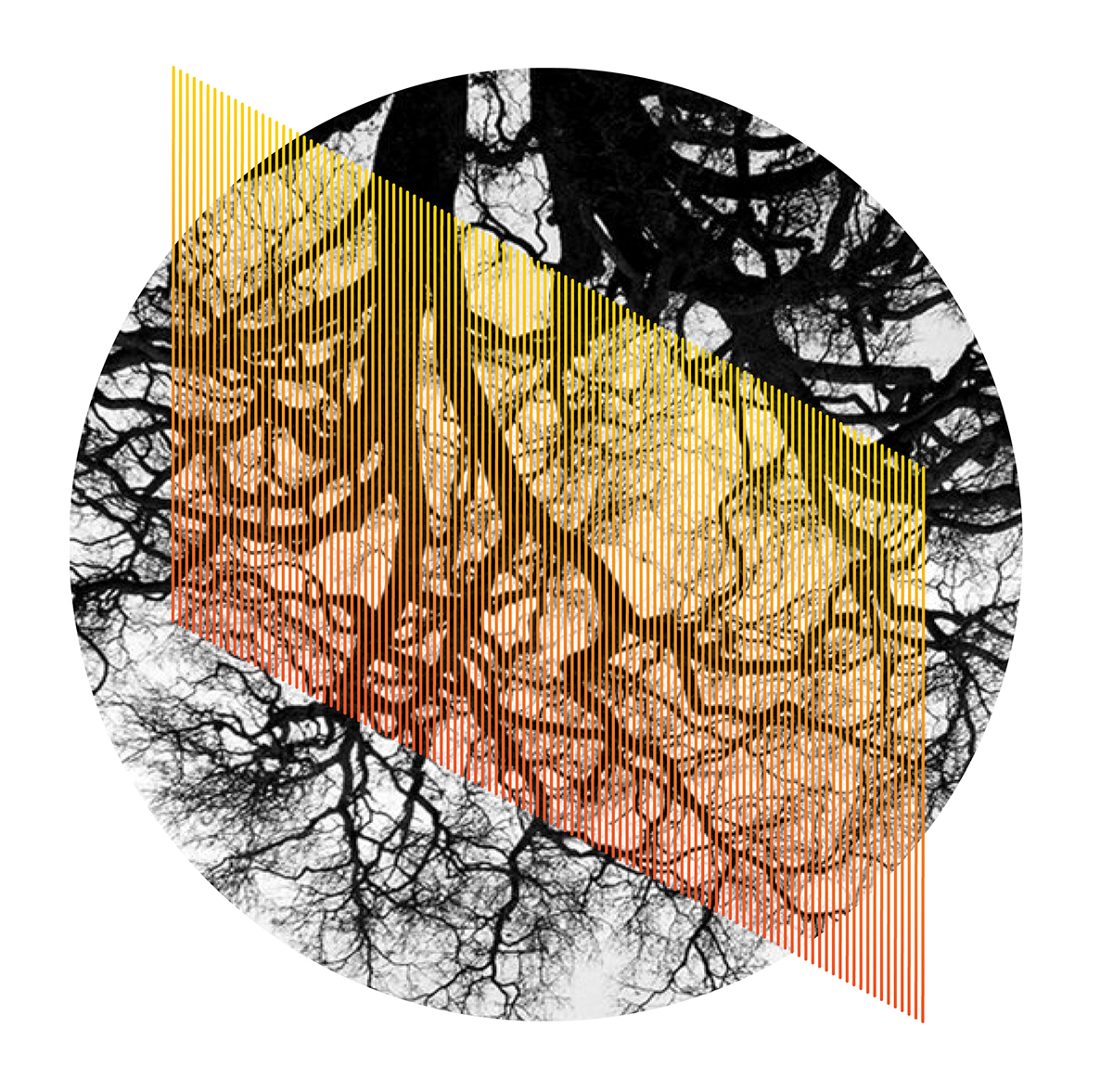


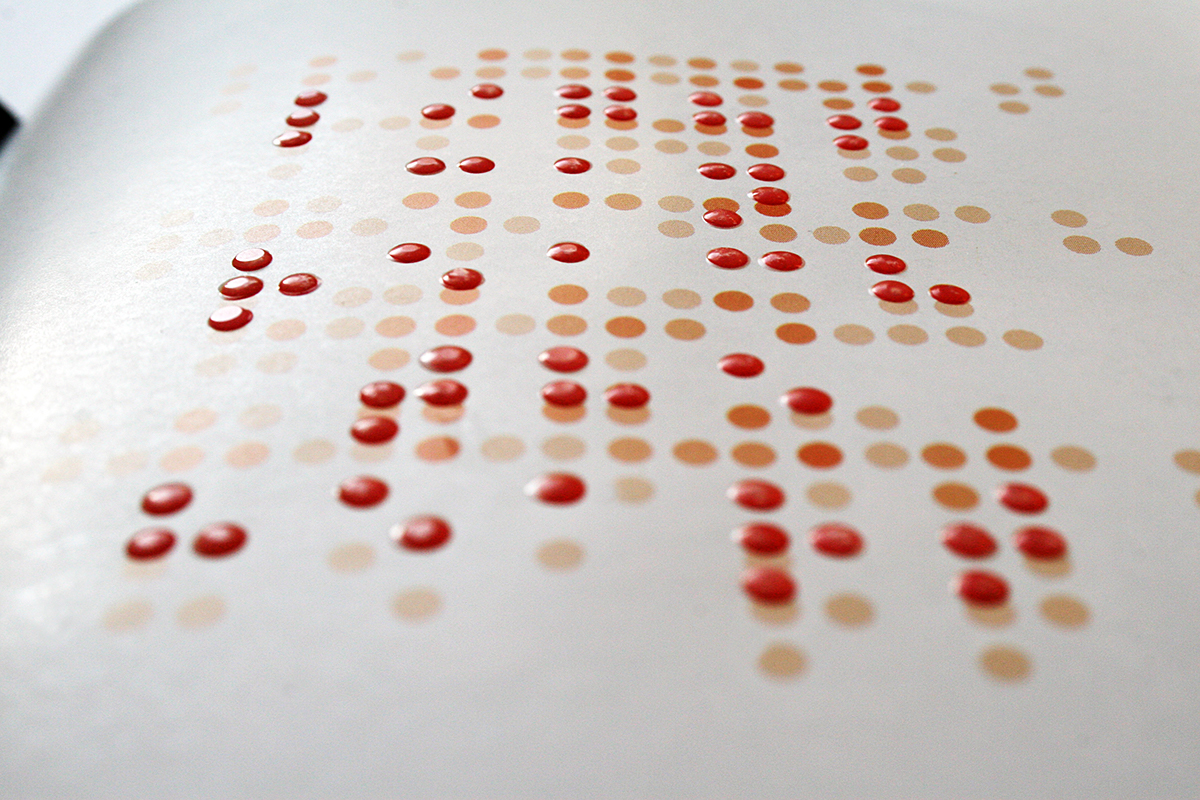
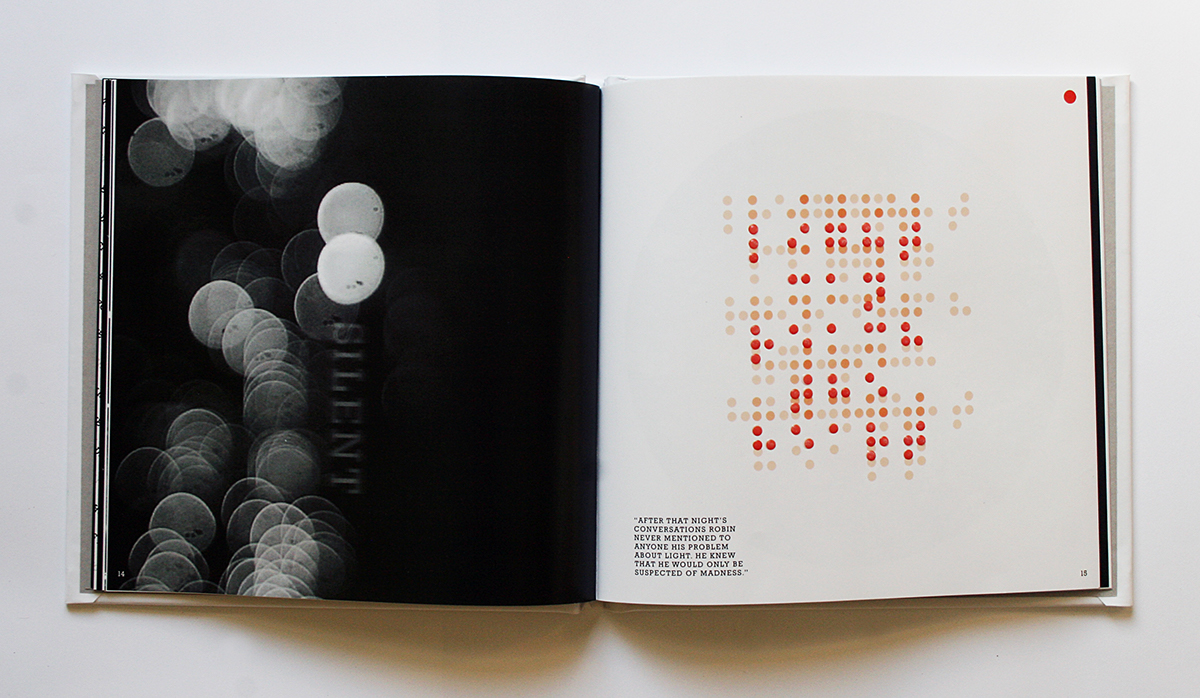

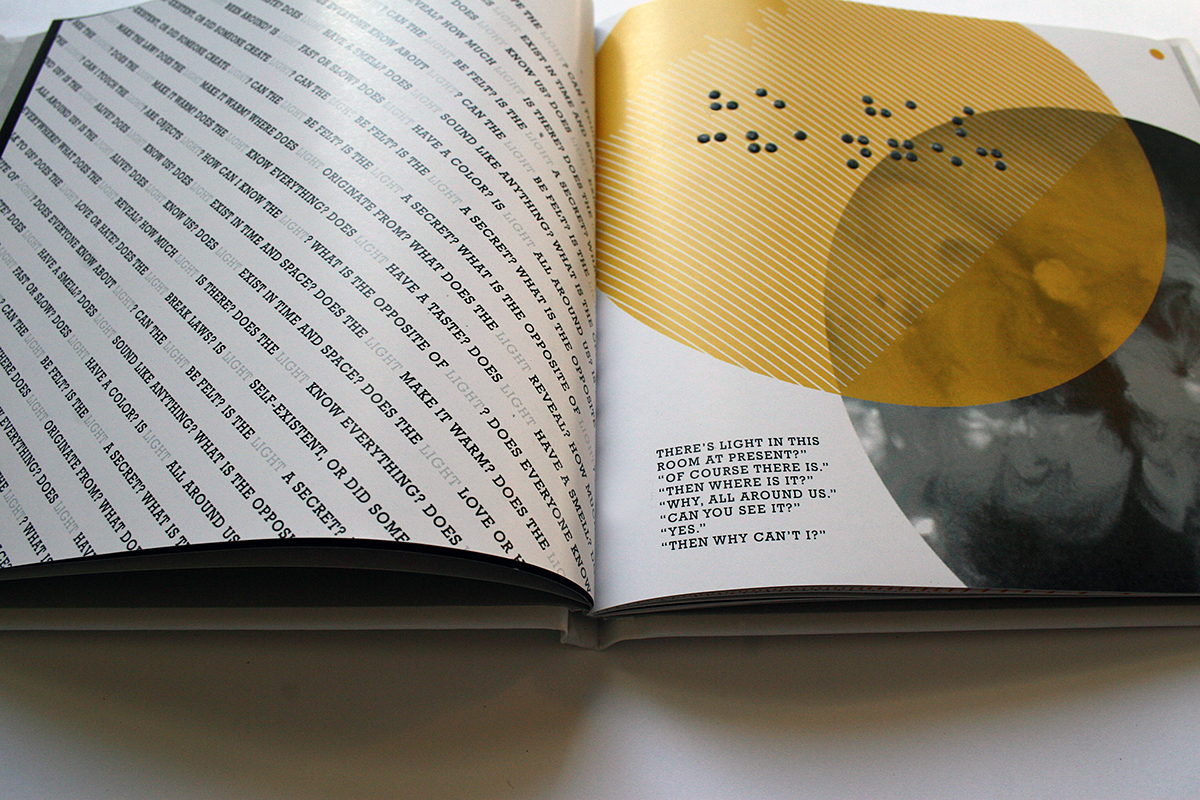
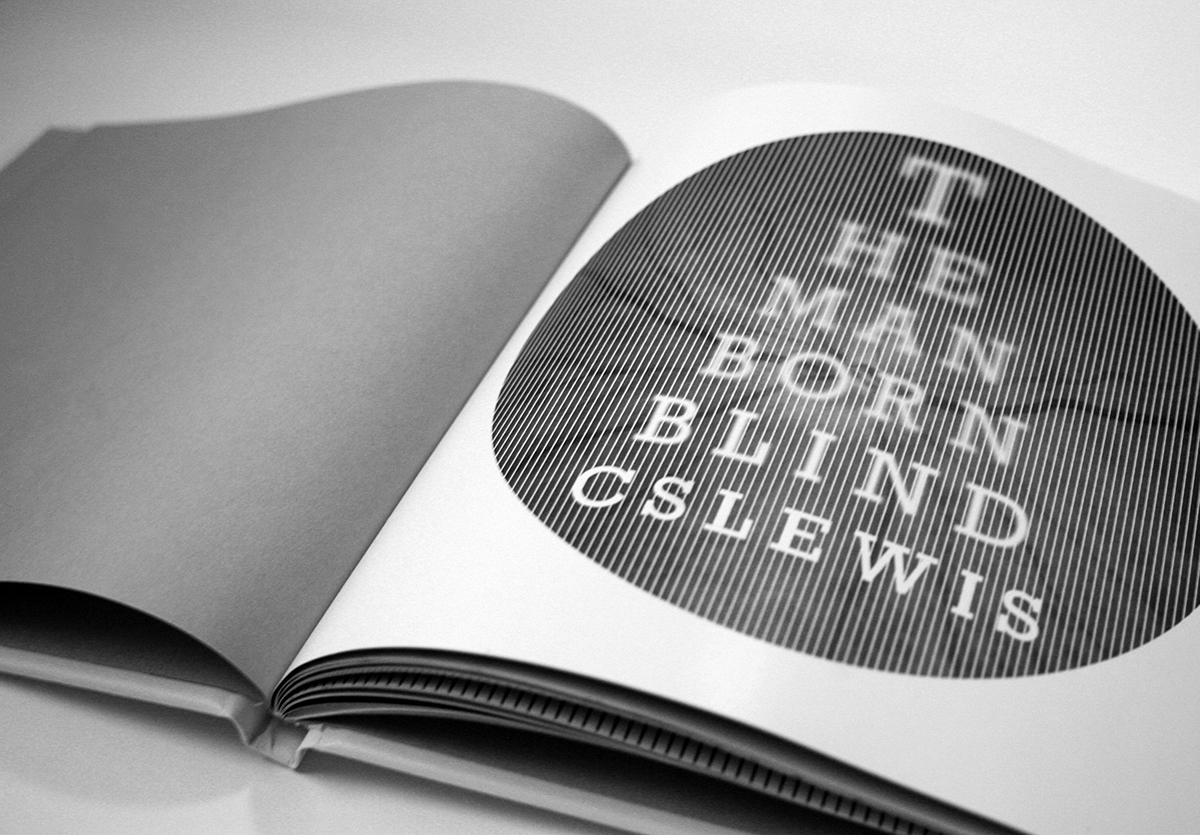

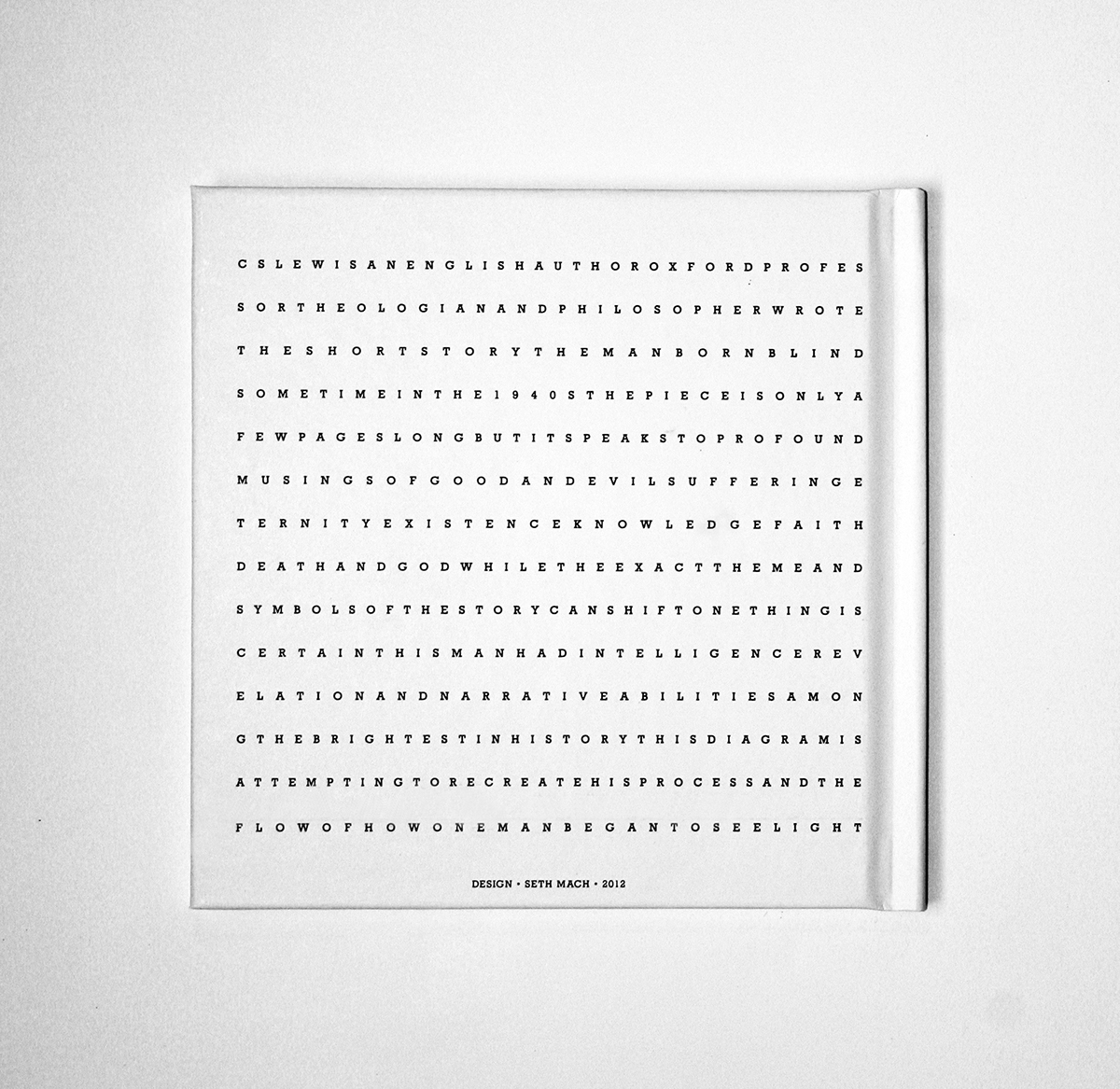
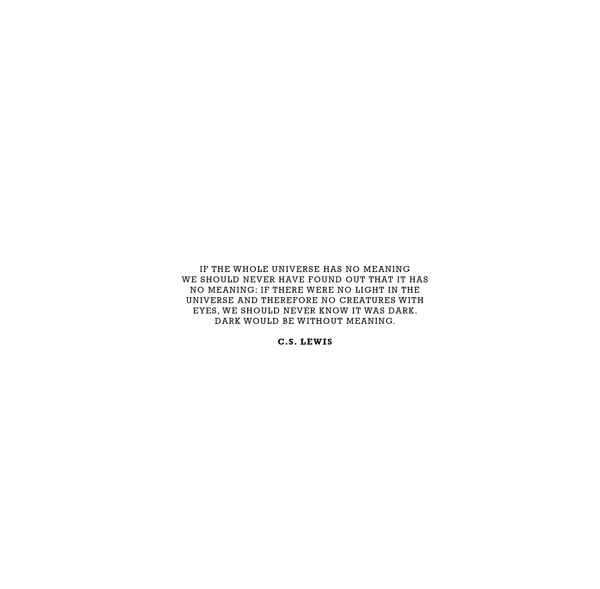
Story Excerpt
"Bless us!" said Mary. "There's eleven o'clock. And you're nearly asleep, Robin."
She rose with a bustle of familiar noises, bundling her spools and her little cardboard boxes into the workbasket.
"Come on, lazy-bones!" she said. "You want to be nice and fresh for your first walk tomorrow."
"That reminds me," said Robin, and then stopped. His heart was beating so loudly that he was afraid it would make his voice sound odd. He had to wait before he went on.
"I suppose," he said, "there... there'll be light out there -- when I go for that walk?"
"What do you mean, dear?" said Mary. "You mean it will be lighter out of doors? Well, yes, I suppose it will. But I must say I always think this is a very light house. This room, now. We've had the sun on it all day."
"Does the sun make it ... hot?" said Robin tentatively.
"What are you talking about?" said Mary, suddenly turning around. She spoke sharply, in what Robin called her 'governess' voice.
"I mean," said Robin, " ... well, look here, Mary. There's a thing I've been meaning to ask you ever since I came back from the nursing home. I know it'll sound silly to you. But then it's different for me. As soon as I knew I had a chance of getting my sight, of course I looked forward. The last thing I thought before the operation was "light". Then all those days afterwards, waiting till they took the bandages off --"
"Of course, darling. That was only natural."
"Then, then, why don't I ... I mean, where is the light?"
She laid her hand on his arm. Three weeks of sight had not yet taught him to read the expression of a face, but he knew by her touch the great warm wave of stupid, frightened affection that had welled up in her.
"Why not come to bed, Robin dear?" she said. "If it's anything important, can't we talk about it in the morning? You know you're tired now."
"No. I've got to have this out. You've got to tell me about light. Great Scott -- don't you want me to know?"
She sat down suddenly with a formal calmness that alarmed him.
"Very well, Robin," she said. "Just ask me anything you like. There's nothing to be worried about -- is there?"
"Well then, first of all, there's light in this room at present?"
"Of course there is."
"Then where is it?"
"Why, all around us."
"Can you see it?"
"Yes."
"Then why can't I?"
"But Robin, you can. Dear, do be sensible. You can see me, can't you, and the mantelpiece, and the table and everything?"
"Are those light? Is that all it means? Are you light? Is the mantelpiece light? Is the table light?"
"Oh! I see. No. Of course not. That's the light," and she pointed to the bulb, roofed with its broad pink shade, that hung from the ceiling.
"If that's the light, why did you tell me the light was all round us?"
"I mean, that's what gives the light. The light comes from there," said Mary
"Then where is the light itself? You see, you won't say. Nobody will say. You tell me the light is here and the light is there, and this is in the light and that is in the light and yesterday you told me that I was in your light, and now you say that light is a bit of yellow wire in a glass bulb hanging from the ceiling. Call that light? Is that what Milton was talking about? What are you crying about? If you don't know what light is why can't you say so? If the operation has been a failure and I can't see properly after all, tell me. If there's no such thing -- if it was all a fairy tale from the beginning -- tell me. But for God's sake --"
"Robin! Robin! Don't. Don't go on like that."
"Go on like what?"
Then he gave it up and apologized and comforted her, and they went to bed.
A blind man has few friends; a blind man who has recently received his sight has, in a sense, none. He belongs neither to the world of the blind nor to that of the seeing, and no one can share his experience. After that night's conversations Robin never mentioned to anyone his problem about light. He knew that he would only be suspected of madness. When Mary took him out next day for his first walk he replied to everything she said. "It's lovely -- all lovely. Just let me drink it in," and she was satisfied. She interpreted his quick glances as glances of delight. In reality, of course, he was searching with a hunger that had already something of desperation in it. Even had he dared, he knew it would be useless to ask her of any of the objects he saw, "Is that light?" He could see for himself that she would only answer, "No. That's green" (or "blue", or "a field", or "a tree" or "a car"). Nothing could be done until he had learned to go for walks by himself.
-C.S. Lewis

Thank you.


